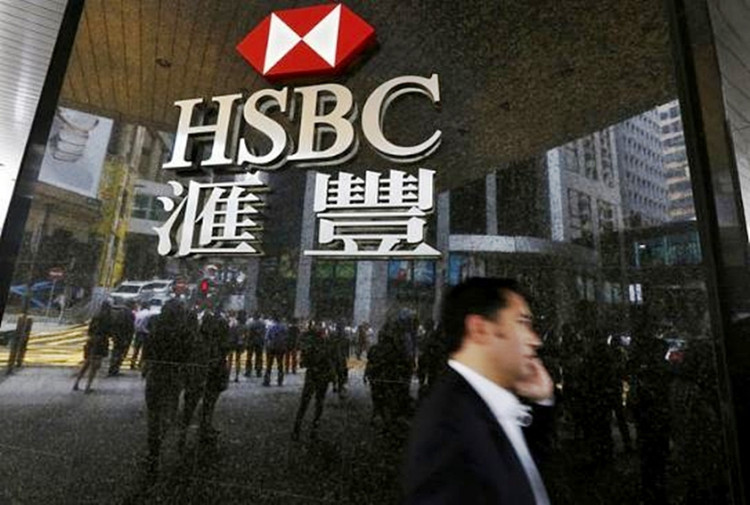Despite an apparently vigorous pre-tax profit and revenues for 2018, HSBC Holdings plc and its operational results fell woefully short of analysts' expectations and were punished with a 2.7% drop in its stock price at Hong Kong's Hang Seng index today.
Europe's largest bank unveiled a financial report card that missed expectations on key metrics. This might have been due to a difficult Q4 2018 when markets worldwide were pummeled by painful sell-offs and weaker activity.
For 2018, HSBC reported a pre-tax profit of $19.89 billion, which is 15.9 percent higher year-on-year. Revenue last year came to $53.78 billion, up 4.5 percent higher than from 2017.
On the other hand, HSBC was expected to attain a 23.8 percent jump in pre-tax profit to $21.26 billion, according to forecasts compiled by Refinitiv. Revenue was projected to be 6.28 percent higher at $54.674 billion.
The disappointing revenue growth caused HSBC to miss its positive "jaws" target for 2018. At HSBC, the jaws ratio is positive when revenue grows faster than costs. HSBC's jaws for 2018 came to a minus 1.2 percent.
"We were very disappointed to have missed that jaws target for the year," said HSBC Group Chief Financial Officer Ewen Stevenson.
He said the bank will continue to work toward achieving a positive jaws ratio in 2019. And despite the bank missing forecasts, Stevenson said he was "very pleased" with the latest results. He noted that the difficult trading environment at the end of 2018 resulted in lower fourth-quarter revenue compared to the previous three months.
"We were very much hit by adverse markets in November and December, which meant that we saw revenue drop by about a billion dollars relative to (the third-quarter)," Stevenson told CNBC.
Other key HSBC metrics for 2018: net interest margin (which measures lending profitability) was at 1.66 percent compared to 1.63 percent in 2017. Earnings per share were $0.63, or higher than the $0.48 in 2017.
As for the bank's business outlook for this year, Stevenson said HSBC is "very well-prepared" for whatever the outcome of Brexit will be. There is concerning news out of China but Stevenson said HSBC has thankfully seen any "dramatic slowdown" in its business as a result of Trump's trade war against China. HSBC derives most of its revenues from Asia, especially from Greater China.
Analysts, however, noted that HSBC's over-reliance on Greater China as its revenue engine means that if the global economy or China GDP slows down further, it will hurt market sentiment and HSBC's earnings growth. And there's still Trump's trade war with China that shows no signs of waning despite meeting after meeting that has accomplished nothing definitive.





